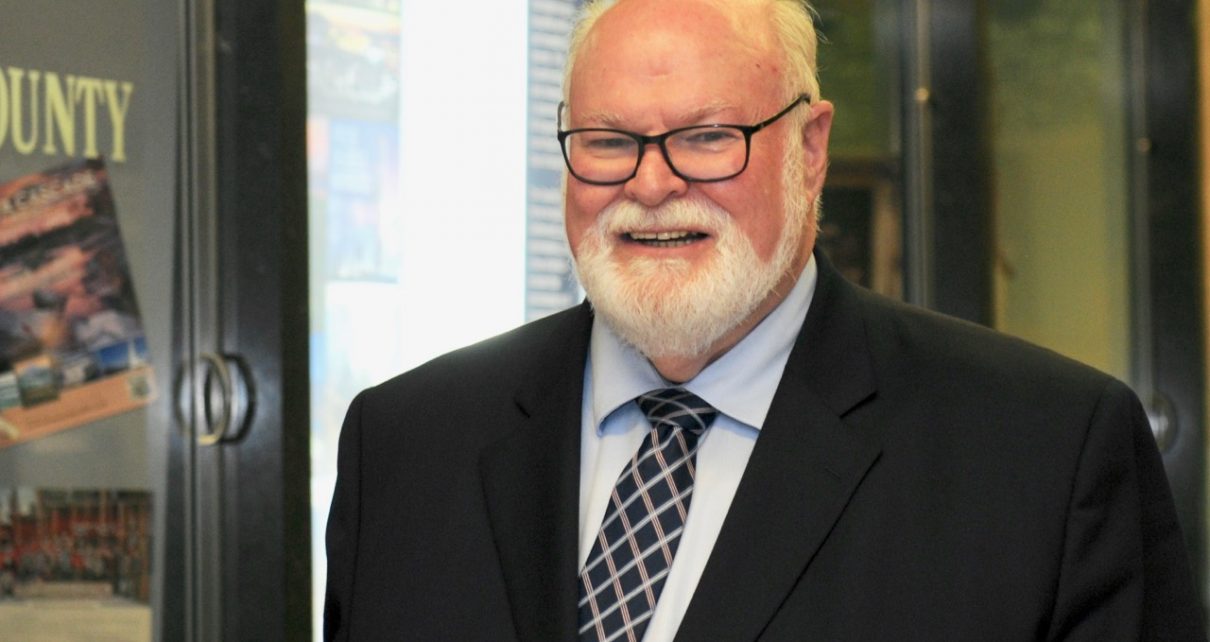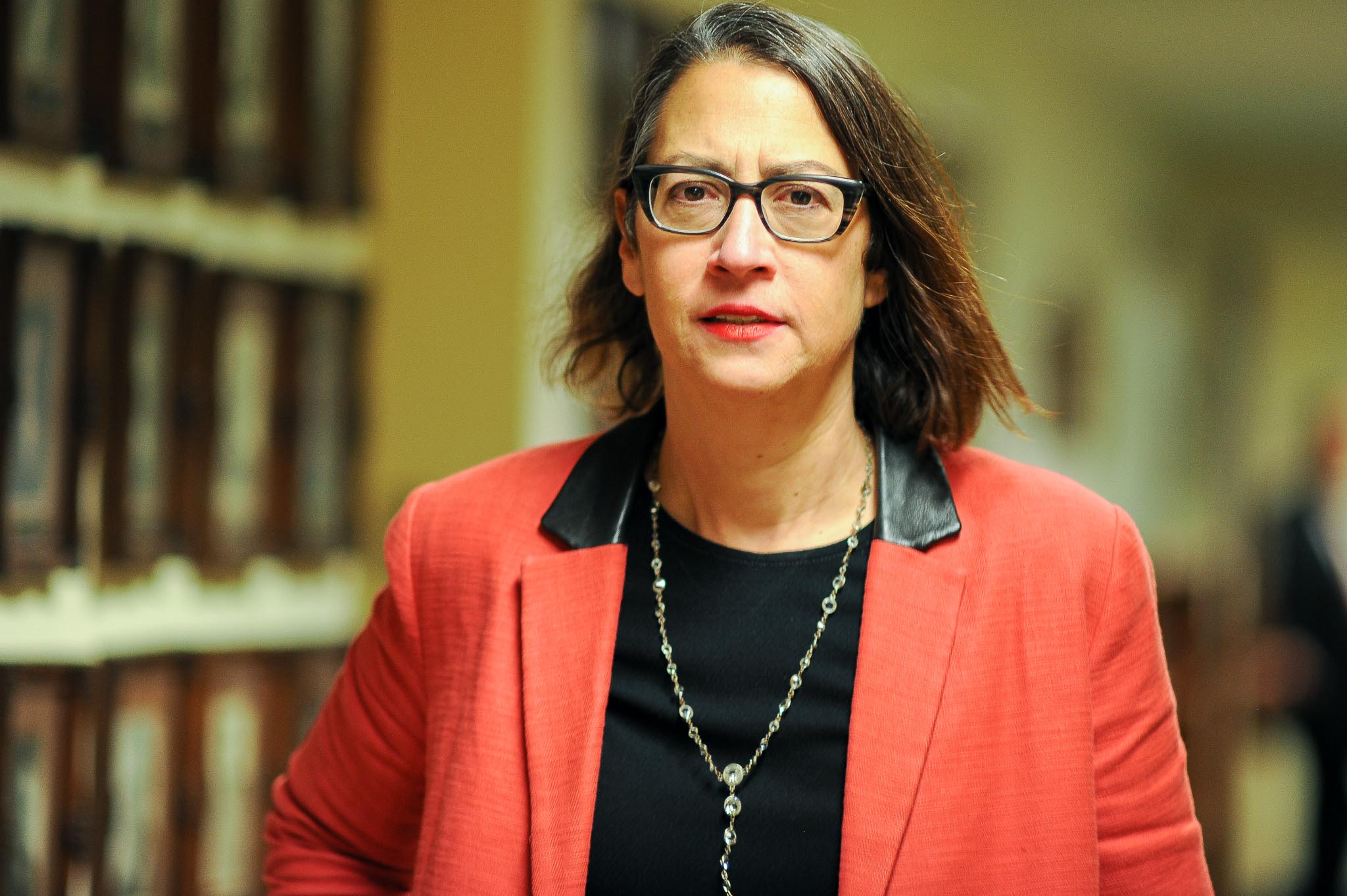
Senator Jim Beall. (Kevin Sanders for California Globe)
Foster Care Would be Extended to the Age of 25 Under New Senate Bill
SB 912 would expand Foster services past the current age ceiling of 21
By Evan Symon, February 7, 2020 6:47 am
A new bill was introduced into the Senate this week extending the current age limit for foster care support and services from 21 to 25.
A “hefty price tag”
Senate Bill 912, authored by Senator Jim Beall (D-San Jose), currently doesn’t come with many additional details besides the age raising. However, Senator Beall hinted that the bill could potentially be very expensive. If the bill gives an across the board extension of all benefits, which the language of the bill also hints at, it can mean that foster children can receive tuition and housing assistance and monthly stipends among other benefits. The average foster parent in California currently receives between $700 and $800 a month per child while those past the age of 18 vary more in benefits depending on their current fiscal, education, and housing situation.
“Expanding foster youth services to age 26 may come with a hefty price tag. But the price of failing is far greater – both fiscally and morally,” tweeted Senator Beall on Thursday.
Senator Beall wrote the bill in response to the number of foster children struggling in life past the age of 21, with a high number of foster children being incarcerated, becoming homeless, or failing to escape poverty.
“We ought to have a full-service support system and extend the age,” said Beall in a recent Chronicle of Social Change interview. “I know everyone’s going to criticize that because it’s going to cost money, but this is a group that needs services.”
Ten years after AB 12
Senator Beall had also previously authored another foster care bill, Assembly Bill 12, in 2010. AB 12 extended the foster benefit age in California from 18 to 21 and went into effect in 2012. While AB 12 has been shown to have helped many foster children go to higher education and get more higher-paying jobs, it has also helped cause the Department of Social Services to spend another $100 million each year since 2012. And the projected amount for an age change from 21 to 25 would be even higher as AB 12 benefited from matching federal dollars to help pay for the higher costs. SB 912 would not be covered under any federal program.
“It’s either choosing humanity or a healthier budget,” noted Dr. Karen Thompson, a poverty studies researcher. “Outside of California there are worse statistics, but California’s aren’t great. A lot of these kids, as soon as they aren’t wards of the state, they come into the world with support suddenly cut off and they’re lost.”
“You mentioned many go to jail or live on the street, but many also commit suicide. Several former foster children I talked to in Texas and Oklahoma specifically committed crimes just to go to jail to live because it was hard transition from foster care to the world so suddenly. To a lot of people, they simply say ‘Pull yourself up by your bootstraps’ or ‘I could do better at my age,’ but there’s not a big support network. So we see that.”
“On the other hand, foster care is not cheap. Anyone who ever had a kid knows that they aren’t cheap. As underfunded as the system is, foster child payments per year often go over $9,000 a year per child, and that’s if there isn’t anything wrong with them or an emergency comes up. Then there’s healthcare and school and other costs. It adds up fast.”
“AB 12 passed handily in California during the recession. (73-2 in the Assembly and 27-9 in the Senate before being signed by then Governor Schwarzenegger.) This new bill may not be as lucky. There’s no federal support and we now know what higher age foster costs are across the country.”
Senate Committees
Senator Beall has noted that costs could be offset by stopping foster beneficiaries in their 20’s not going to prison or depending on homeless services, both of which cost more per person than potential young adult foster benefits.
“The prisons are now full of former foster youth and we’re spending tens of billions of dollars on that,” said Beall earlier this month. “Reducing that would be a benefit to society, and I think most of the public would support that.”
A few lawmakers have already brought potential costs up, where they will most likely be discussed, debated, and voted on in Senate Committees that will begin this spring.
- Bill to Require Law Enforcement Disclosure if AI Was Used To Help Write Reports - August 7, 2025
- Gov. Newsom Files FOIA Request To ‘Expose True Cost’ Of L.A. Federal Troop Deployment for Anti-ICE Riots - August 6, 2025
- California Redistricting: How Newsom’s Plan Will Demolish Hard Fought GOP Gains - August 6, 2025





Thanks for sharing this informative content about fostering and give us all the helpful guidelines & tips according this topic.